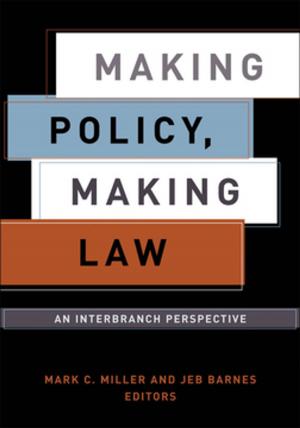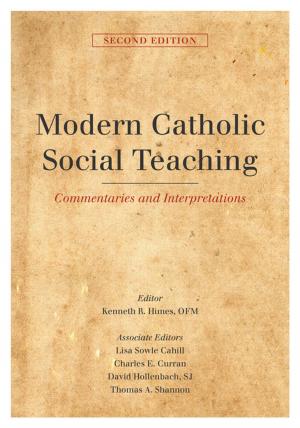Pursuing Moral Warfare
Ethics in American, British, and Israeli Counterinsurgency
Nonfiction, Social & Cultural Studies, Political Science, International, International Security, Religion & Spirituality, Philosophy, Ethics & Moral Philosophy, International Relations| Author: | Marcus Schulzke | ISBN: | 9781626166592 |
| Publisher: | Georgetown University Press | Publication: | March 1, 2019 |
| Imprint: | Georgetown University Press | Language: | English |
| Author: | Marcus Schulzke |
| ISBN: | 9781626166592 |
| Publisher: | Georgetown University Press |
| Publication: | March 1, 2019 |
| Imprint: | Georgetown University Press |
| Language: | English |
During combat, soldiers make life-and-death choices dozens of times a day. These individual decisions accumulate to determine the outcome of wars. This work examines the theory and practice of military ethics in counterinsurgency operations. Marcus Schulzke surveys the ethical traditions that militaries borrow from; compares ethics in practice in the US Army, British Army and Royal Marines Commandos, and Israel Defense Forces; and draws conclusions that may help militaries refine their approaches in future conflicts. The work is based on interviews with veterans and military personnel responsible for ethics training, review of training materials and other official publications, published accounts from combat veterans, and observation of US Army focus groups with active-duty soldiers. Schulzke makes a convincing argument that though military ethics cannot guarantee flawless conduct, incremental improvements can be made to reduce war’s destructiveness while improving the success of counterinsurgency operations.
During combat, soldiers make life-and-death choices dozens of times a day. These individual decisions accumulate to determine the outcome of wars. This work examines the theory and practice of military ethics in counterinsurgency operations. Marcus Schulzke surveys the ethical traditions that militaries borrow from; compares ethics in practice in the US Army, British Army and Royal Marines Commandos, and Israel Defense Forces; and draws conclusions that may help militaries refine their approaches in future conflicts. The work is based on interviews with veterans and military personnel responsible for ethics training, review of training materials and other official publications, published accounts from combat veterans, and observation of US Army focus groups with active-duty soldiers. Schulzke makes a convincing argument that though military ethics cannot guarantee flawless conduct, incremental improvements can be made to reduce war’s destructiveness while improving the success of counterinsurgency operations.















